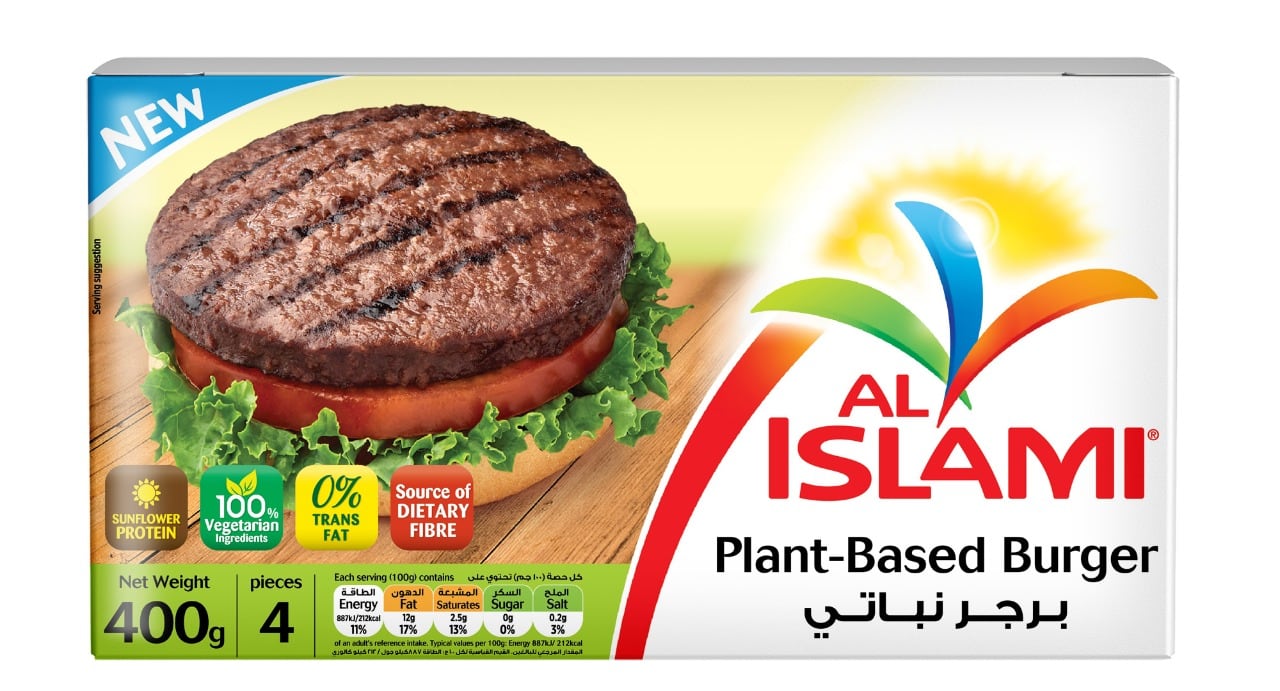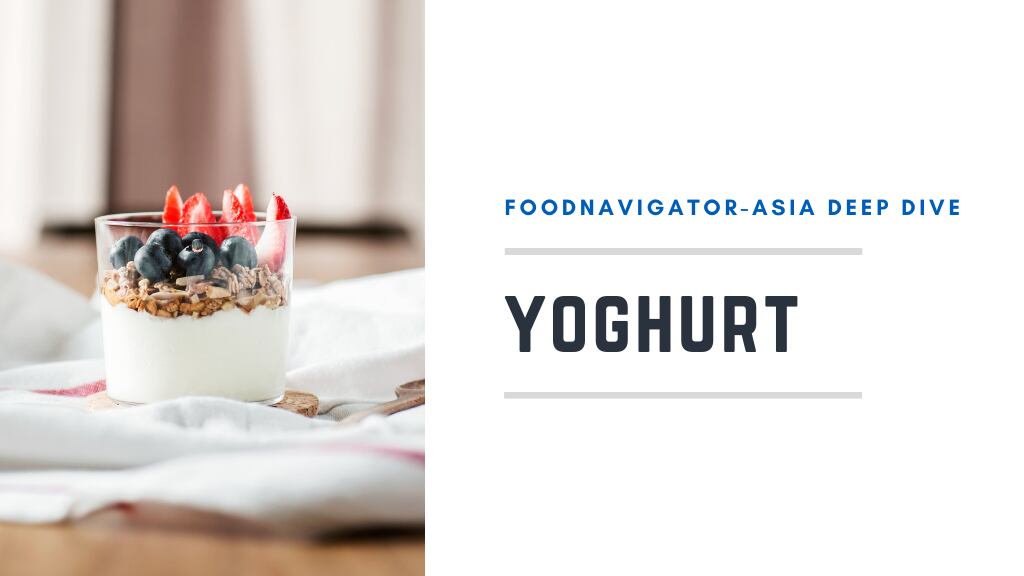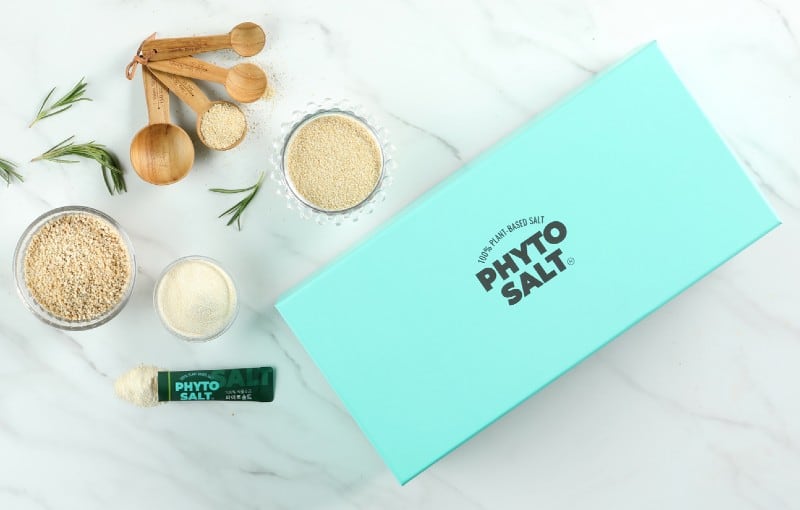This is the company’s first foray into the plant-based market, responding to growing appetite for vegan options in the region.
Al Islami is known for its frozen chicken, sausages, burgers, seafood, vegetable and fruit products branded under Al Islami, as well as the Aladdin brand of frozen chicken nuggets targeted at children.
The plant-based burger launched earlier this month and is sold at supermarkets and hypermarkets in UAE, with the company aiming to expand into GCC countries including Saudi Arabia, Qatar, Bahrain, Oman, and Kuwait within the next three months.
There are also plans to partner with hotels, restaurants, and cafés.
Al Islami’s CEO, Shahid N. Khan told FoodNavigator-Asia there are plans to extend the range to include plant-based meatballs, sausages, franks and nuggets in the future.
First foray
The company’s plant-based burger, set to emulate beef burger is made from a combination of sunflower, fava beans, and pea protein.
Khan said its USP was sunflower protein, since most plant-based products typically use soya protein, which is a known food allergen.
Sunflower protein is rich in protein and fibre that provides all the essential amino acids and good for gut health. Al Islami said its burger patty contains 13g protein and 4g dietary fibre per 100g.
The vegan burger is non-GMO and contains zero trans-fat.
According to Khan, the company spent eight months of R&D and many sensory evaluations before releasing this product. The biggest challenge was in creating a patty that tasted like beef.
“Nobody wants to compromise on taste. For our burger patty, if the taste is not going to be close to beef, people will be reluctant to buy.”
Khan said taste and cost were the top factors in peoples’ purchase decision.
“This is especially if you are asking people to jump onto the plant-based bandwagon, which requires them to change their habits.
“If you want people to change their eating habits, it has to be affordable for the masses and not targeting a select group of consumers.
“Some companies pitched their products too expensively, turning it into a fad and believing that people will pay premium price for these.”
Because of these, Khan said plant-based products “never really took off here because the price point is so high.”
Al Islami’s plant-based burgers are one-third the price of similar imported brands. This way, it hopes to maintain a sustainable habit for consumers as well as for its business.
The company sources its non-GMO raw materials from Europe (Netherlands, UK, and France).
The plant-based burger is manufactured in its facility located in Al Hamriyah Free zone in UAE.
According to Euromonitor International, the plant-based meat market in Middle East was valued at US$176.5 million in 2019, with an annual growth of 4 to 5% projected over the next four years as people seek to
UAE’s per capita consumption of meat is at 73kg per day, while Saudi Arabia is around 49kg, exceeding the World Health Organisation’s recommendation of 18 kg.
Frozen is the new fresh
In its main frozen foods business, Khan said sales increased about 30% last year amid the COVID-19 pandemic.
He attributed this to the healthier, more hygienic longer shelf life of frozen products compared to fresh.
“Frozen food is the new fresh food,” said Khan.
“First of all, frozen foods are fresh foods that are immediately frozen, locking in the nutrients and freshness, with at least one year of shelf life.
“Fresh produce such as vegetables have long supply chains which reach the final consumers months after harvesting, losing most of its nutrients. Fresh foods are also typically displayed in markets where customers touch to feel the products which is not hygienic. Frozen foods can eliminate these concerns.”
During the various restrictions last year, people were not visiting supermarkets in-person, so the company worked with 23 online platforms to deliver its frozen products.
It also prepared by purchasing extra stock before the full restrictions set in, “we know that supply chain from Brazil, US and Europe will be disrupted.”




